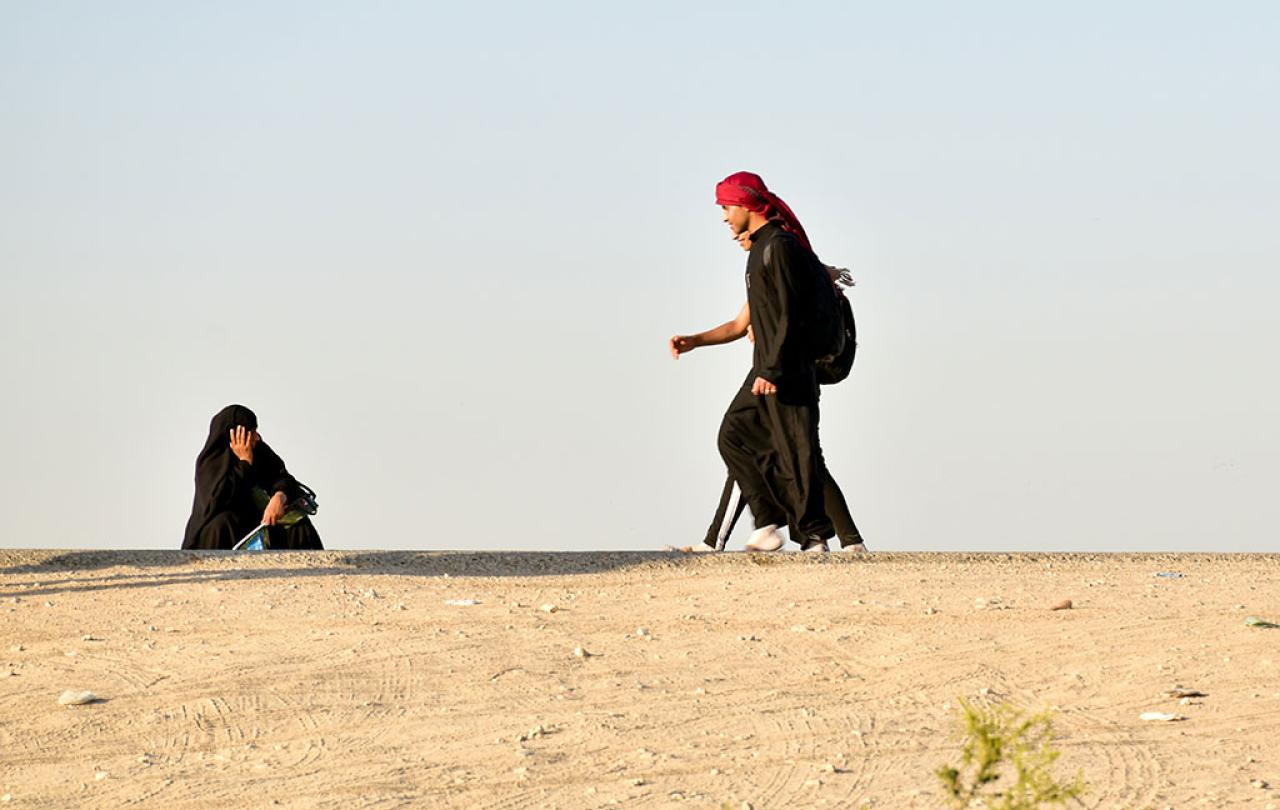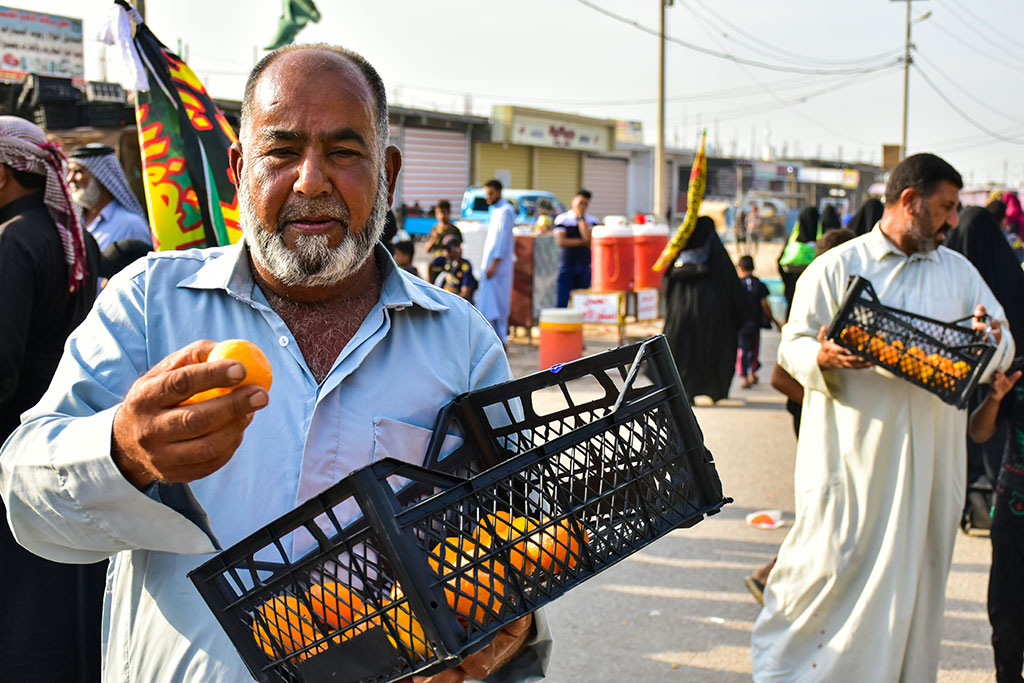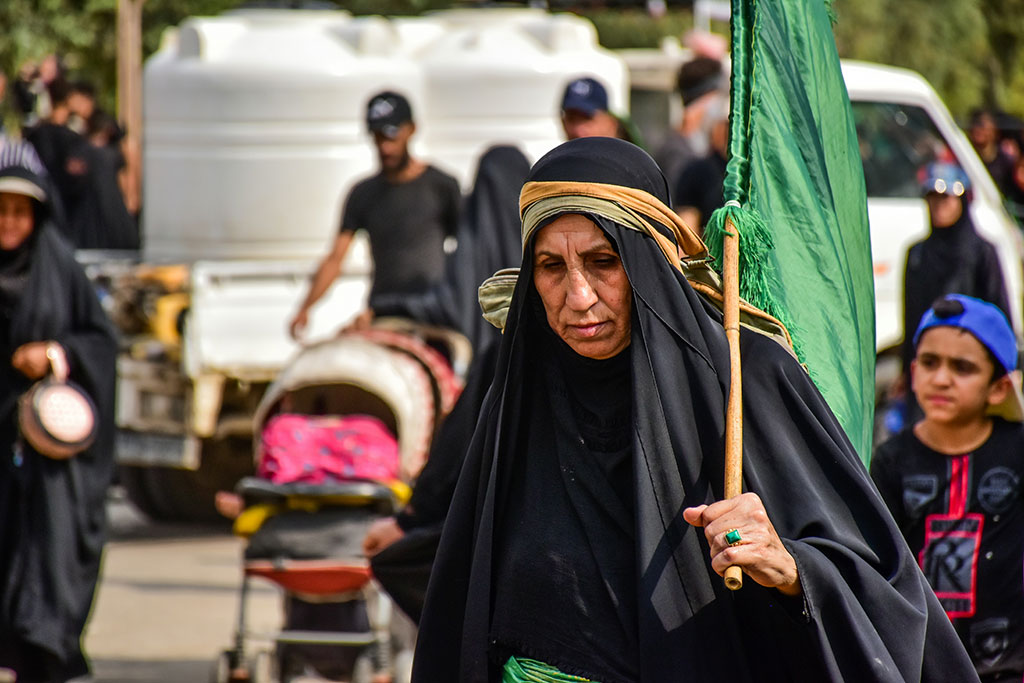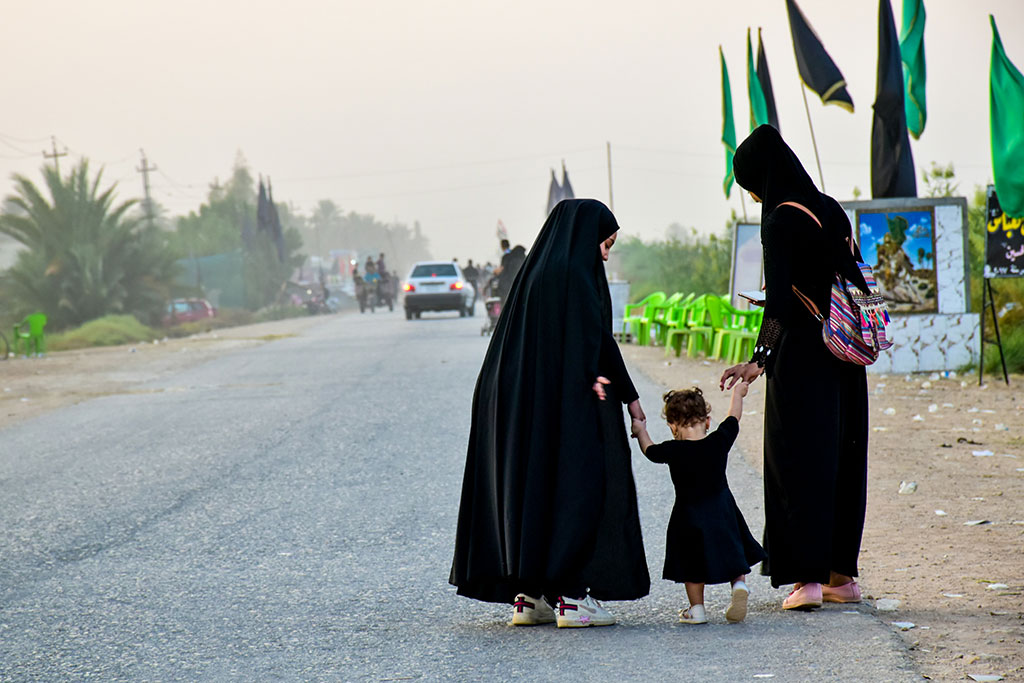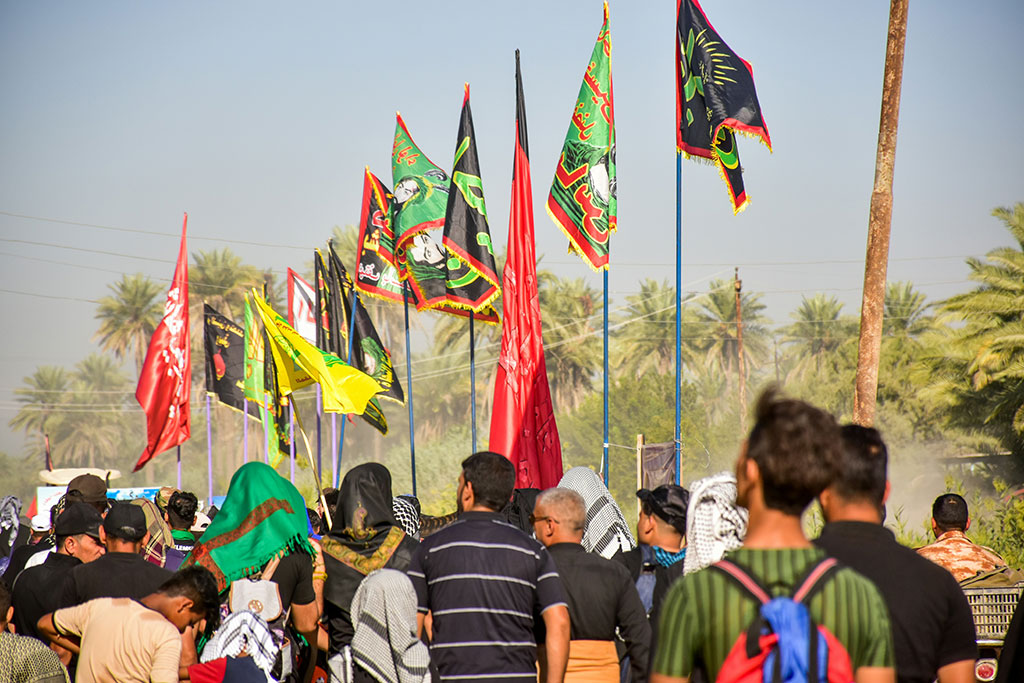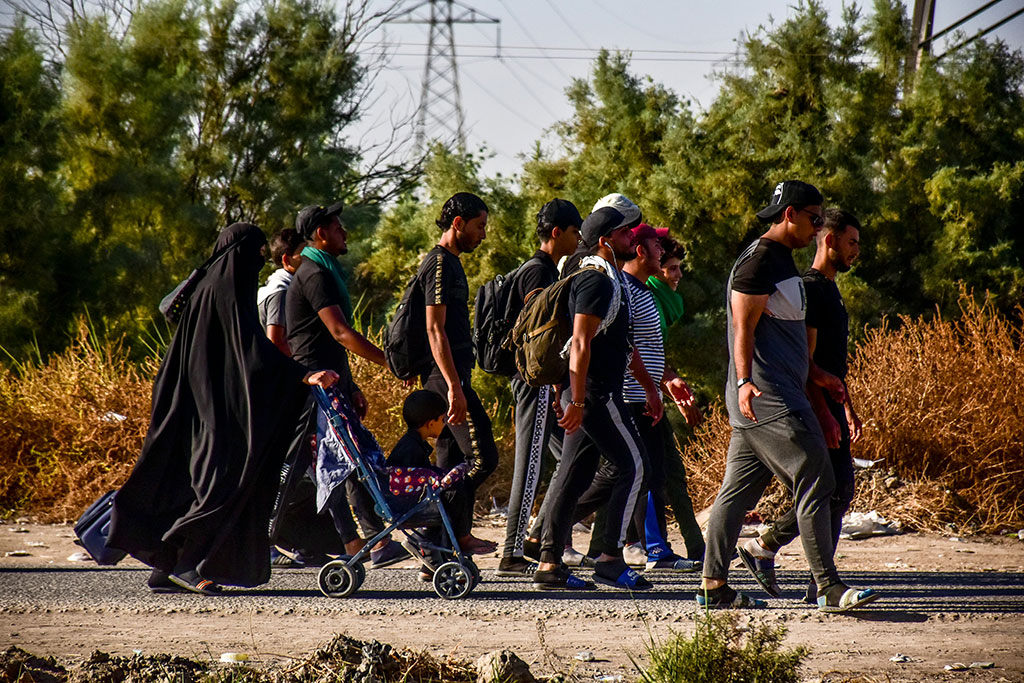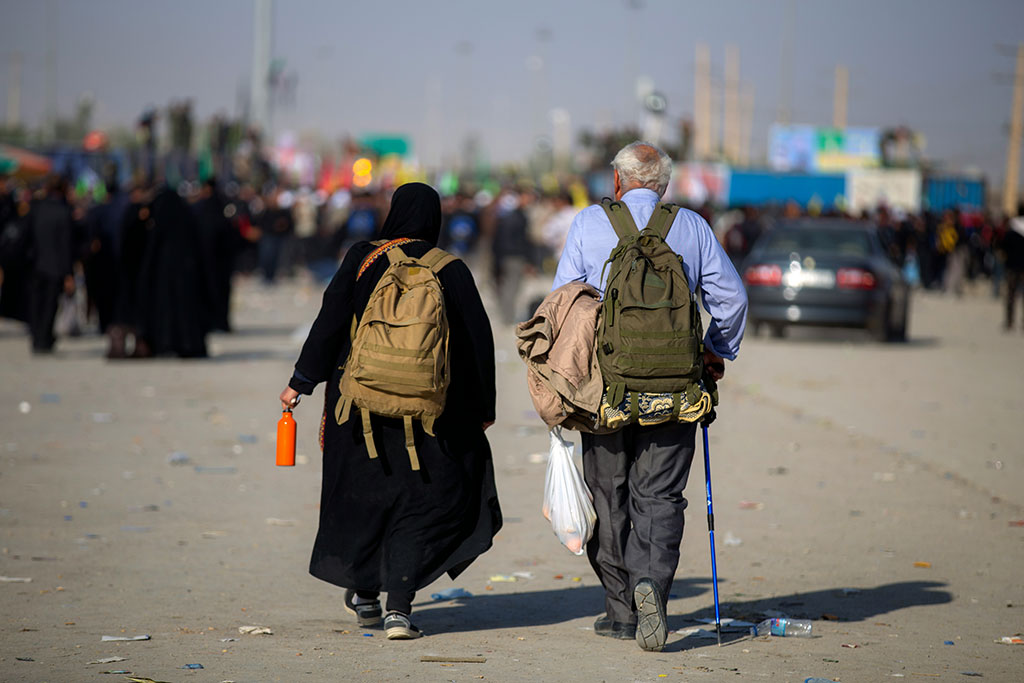
Nigeria is the world's largest Black-majority country. Its richly diverse population includes over 235 million citizens, and its global diaspora numbers 17 million people. Famous for their cultural emphasis on education and professional achievement, Nigerians occupy senior positions of leadership and influence in every prominent industry on earth. From Los Angeles to London and Geneva to Rome, the world is replete with Nigerians working to create better lives for themselves, their families, and their communities.
In April 2024, British TV station Channel 5 first aired Michael Palin in Nigeria, a three-part travel documentary hosted by English actor and comedian Michael Palin. The series exposed viewers to the magnificence and difficulties of life in the Giant of Africa. From the destitute, famous floating mega-village Makoko in Lagos to thrilling polo games in the North, the docuseries testifies to how the world remains fascinated by Nigeria, despite the significant geopolitical, socioeconomic, and inter-religious challenges it faces.
Shockingly, one of the gravest of these challenges has escaped the world's gaze for decades. A brutal war has persisted in Nigeria for over 70 years. It has gained scant attention from leading Western media and has been largely ignored by the Nigerian media. Just one short segment of Palin’s series hints at it – when he interviewed a survivor of a Boko Haram abduction of schoolgirls a decade ago.
The war against Christians in Nigeria began in the middle of the twentieth century but was exacerbated by the Biafra War (1967-1970), a bloody civil war from which Nigerian society has never fully recovered. The war led to over one million casualties. Its causes included economic, political, interethnic, and interreligious factors. It brought out the ugly side of religion in Nigeria: violence between Muslims and Christians colonially coerced to cohabitate.
Since 2000, over 62,000 Christians living in Nigeria have been murdered for their faith. The International Society for Civil Liberties and Rule of Law reported the killings of over 8,000 Christians in Nigeria in 2023 alone. Perpetrators of these lethal acts of violence include Boko Haram insurgents, Islamic State West Africa Province agents, and militias associated with the Fulani ethnic group. Despite the protracted duration of this unacceptable violence, Nigerian and Western Christian communities continue to turn a blind eye. Monthly attacks against Christians have grown by 25 per cent since 2021 and will likely increase.
Hundreds of miles from these outbreaks of sectarian violence, many Nigerian Christians feel too geographically removed for the violence to feel relevant to them personally.
What factors might explain the global apathy towards anti-Christian violence in Nigeria? I have three answers to this question.
Firstly, many Nigerian Christians tend to prioritise other aspects of their identity, like their ethnicity or socioeconomic status, over their religion. This is because for these Nigerians ethnicity is the part of their identity most able to help them access networks, opportunities, and protection in a country where ethnic networks open doors socially and professionally. In 2014, Nigeria, then Africa's largest oil producer, had a continent-leading GDP of $574 billion. In 2024, Nigeria's GDP is projected to fall to $252 billion and its oil production has nosedived. Nigeria is experiencing one of the most debilitating downturns in its economic history.
In a desperate economic climate, many Nigerian Christians find themselves struggling to survive and simply lack the time or energy to support their fellow Christians. Prioritising non-religious features of their personal identity over their Christian faith leads these Nigerian Christians to ignore and emotionally distance themselves from the reality of anti-Christian violence in Nigeria.
Geography also contributes to this emotional distancing. Most murders of Christians happen in the Muslim-majority North of the country and in the Middle Belt, where the Muslim-majority North and Christian-majority South collide. Hundreds of miles from these outbreaks of sectarian violence, many Nigerian Christians feel too geographically removed for the violence to feel relevant to them personally.
Black suffering seems to only matter when linked to the Black Lives Matter movement or civil rights abuses of Black Americans mistreated by an unforgiving American system.
Secondly, the lack of Western Christian interest in Nigerian Christian suffering reflects an ambivalence rooted in a casual Christianity incompatible with biblical Christian solidarity. Christianity, despite misleading popular narratives characterising the faith as a declining religion of antiquity, remains the world’s largest religion by over half a billion followers. People living in Western societies, like the USA, UK, and many European countries, take for granted the civil, political, and legal freedoms they enjoy. They fail to acknowledge the historical spread of Christianity helped create the conditions for these freedoms to emerge. Lukewarm genres of cultural Christianity in the West could not be more different to the pure and authentic faith of Christians in Nigeria killed every day for their loyalty to Christ.
Thirdly, the Western media gaze deprioritises the significance of Black Christian suffering. In particular, the Western media gaze downplays the relevance and the ratings-oriented worthiness of suffering endured by Black Christians living outside of Western societies. White Christian suffering might appear as a footnote on websites of major media outlets. Black Christian suffering will unlikely be mentioned in the content of these platforms at all. Liberal values of Western media actors only drive them to report news of anti-Christian violence when it is linked to politically sexy stories able to increase consumer engagement. Moral outrage of anti-Christian violence, sometime in the historical lifespans of Western media entities, declined in ways no longer justifying its worthiness of headline coverage. Black suffering seems to only matter when linked to the Black Lives Matter movement or civil rights abuses of Black Americans mistreated by an unforgiving American system.
Jesus taught that the ultimate cost associated with being one of His true followers is high. Christians in Nigeria killed for their faith represent some of the best examples of genuine Christianity on earth and will be greatly rewarded for their sacrifices in the New Creation. Jesus teaches his followers to fear spiritual death rather than earthly death. Christians living today should do the same. Christianity’s Bible teaches Satan is the king of our sinful world. Satan delights in violence against Christians because as the ultimate predator he seeks to destroy the children of his enemy. The world ignores the killings of Christians in Nigeria because doing so serves the interests of its master.
The murder of one Christian anywhere globally is an assault on all Christians worldwide. Christians living in peaceful – both socially and religiously – regions of Nigeria (including the Southwest and Southeast) and in the Western world have a religious responsibility to repent of their apathy towards the killings of Christians in Nigeria. Still, more action must be taken. The global Christian community includes many thousands of Christians working in politically and financially influential centres of power globally. These Christians have a sacred duty to leverage their proximity to that power to petition leaders to intervene in any way possible to end the violence against Christians in Nigeria. Until every Christian in Nigeria is safe, the sanctity of the global Christian community will remain blemished.





